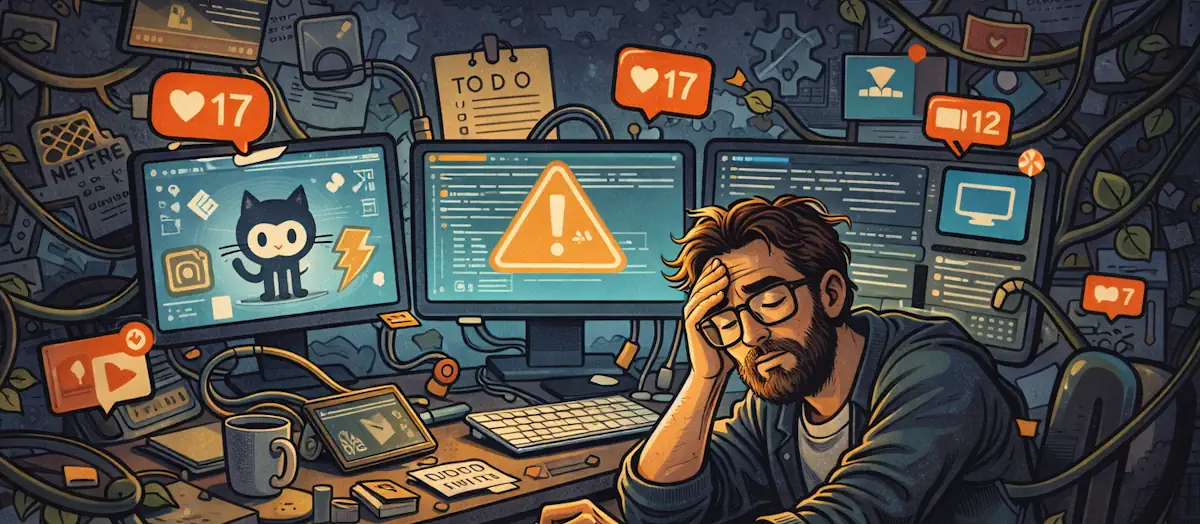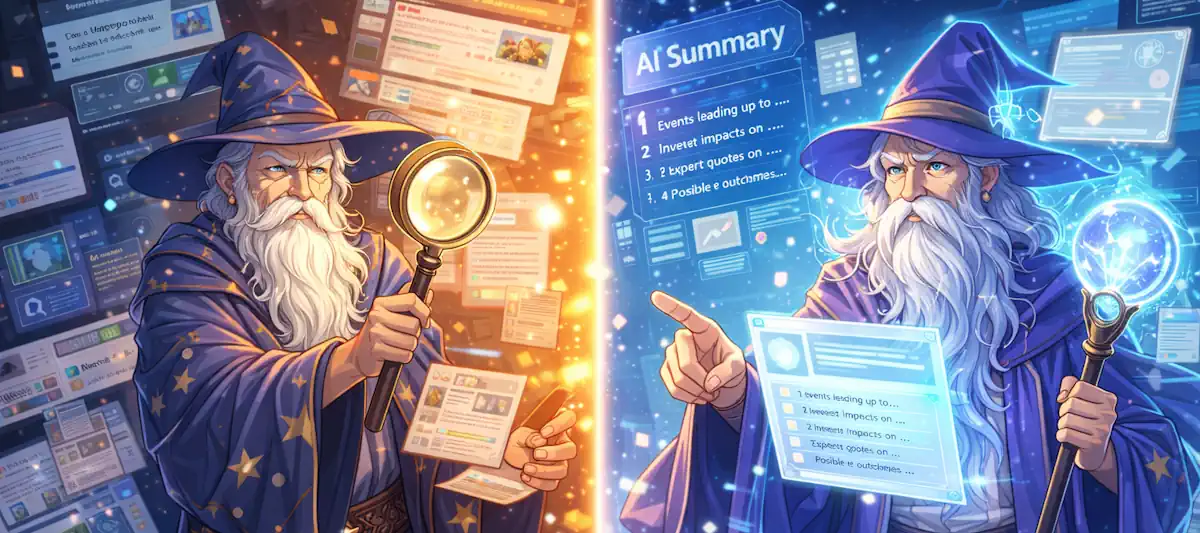Do You Actually Like Your Job?
A simple question that most of us avoid asking ourselves

I had a conversation with a peer last week that stuck with me. They were describing how much they hated their job—the daily grind, the politics, the meaningless meetings. When I asked why they stayed, their answer was simple: “I like the title and it’s a stepping stone to the next level.”
The next level of what? More of the same, just with higher stakes and stress?
It made me pause and ask myself a question I don’t think we ask often enough: Do I actually like my job?
The Question We Avoid
We spend 90,000 hours of our lives working yet we rarely step back to honestly assess whether we enjoy what we’re doing with those hours.
How We Spend Our Lives
Instead, we get caught up in external markers—salary bumps, promotions, LinkedIn updates. We optimize for what others can see rather than what we actually experience.
The Title Trap
I’ve watched talented people chase roles they knew would make them miserable because the title looked good on paper. They’d rationalize it as “paying dues” or “building toward something bigger.” From my own journey: if you don’t enjoy the work itself, more responsibility rarely makes it better.
The Career Satisfaction Matrix
The sweet spot
Golden handcuffs
Undervalued passion
Time to leave
The trap is thinking that external validation—whether it’s money, status, or recognition—will somehow transform work you fundamentally don’t enjoy into work you do. It doesn’t. It just makes you really good at being miserable at a higher pay grade.
When Work Feels Like Work
I can’t function in a role I don’t genuinely enjoy. If I’m not intrinsically motivated by what I’m doing, I become ineffective quickly. This forced me to make some unconventional career choices to focus on work and problems that energized me.
The conventional wisdom says you climb the ladder. But what if the ladder is leaning against the wrong wall?
“If you enjoy what you do, you never work a day in your life.”
— Often attributed to Mark Twain (though probably not actually his)
That saying gets mocked for being overly simplistic. Even dream jobs have difficult days. But there’s truth in it. When you’re doing work that aligns with your natural interests and strengths, the hard parts feel worthwhile rather than soul-crushing.
The Quiet Epidemic
We’re living through an era of “quiet quitting”—people doing the bare minimum because they’ve mentally checked out. But I think the real epidemic is “quiet staying”—remaining in roles that drain us because we’re afraid to ask for what we actually want.
Most of us aren’t being loud about our career needs. We’re not having honest conversations about what energizes us or what kind of work feels meaningful. We’re accepting that work should be work—something to endure rather than enjoy.
A Simple Weekend Exercise
This weekend, try something: spend 10 minutes honestly reflecting on these questions:
Weekend Energy Audit
Pay attention to your energy patterns and what your gut tells you.
The Courage to Change
If you realize you don’t like your job, you have to decide what you’re willing to do about it. Maybe it’s having honest conversations with your manager about role adjustments. Maybe it’s exploring internal transfers. Maybe it’s making peace with golden handcuffs for a defined period while you plan your next move.
But pretending the problem doesn’t exist—or assuming it will magically resolve itself with the next promotion—is its own kind of career suicide.
The people I know who are genuinely satisfied with their work didn’t stumble into it accidentally. They made intentional choices to prioritize intrinsic motivation over external metrics. They were willing to have difficult conversations and make changes when something wasn’t working.
Your Move
Most career advice focuses on getting ahead. Are you moving in a direction that makes you want to get ahead?
Do you actually like your job? If the answer is no, what are you going to do about it?








